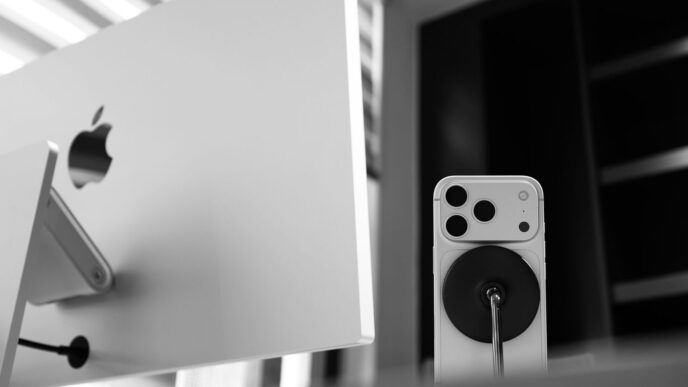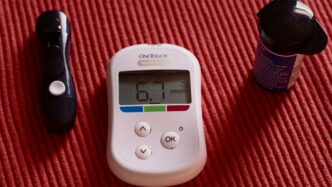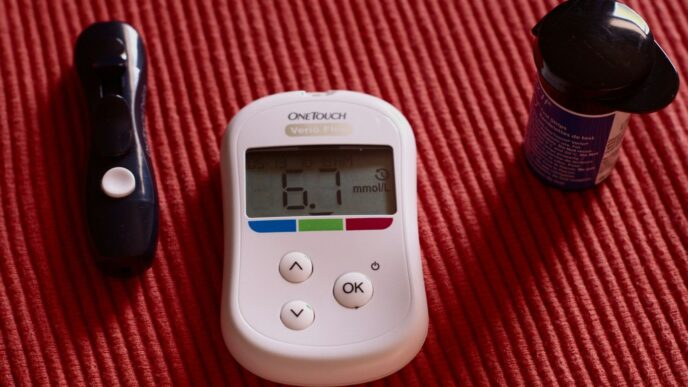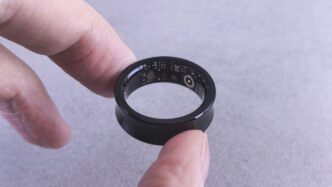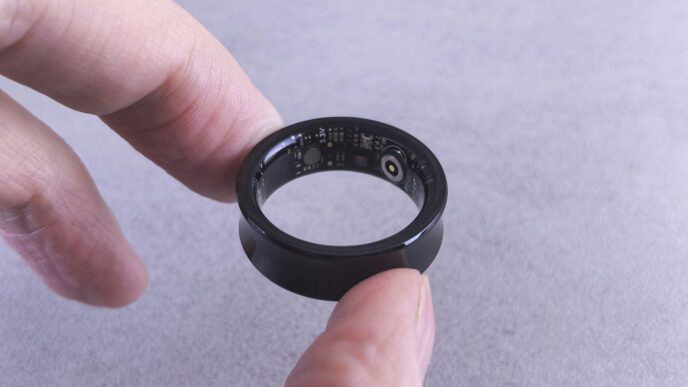The doctor’s office of the future isn’t a place—it’s a device on your wrist. Driven by innovative wearable technologies such as continuous glucose monitors and ECG-enabled smartwatches, healthcare is shifting dramatically toward proactive, personalized prevention rather than reactive treatment.
Wearable healthcare devices have quickly evolved from niche accessories into essential medical tools, providing real-time data that helps individuals monitor their health continuously. A recent report by Grand View Research predicts the global wearable medical devices market will reach nearly $200 billion by 2030, underscoring how swiftly and significantly these technologies are reshaping healthcare.
Ankit Shrivastava, Founder & Managing Partner of Enventure, highlights the transformative potential of these innovations: “Emerging wearable technologies keep constant watch on our vital signs and health parameters and bring real-time monitoring. AI-driven analytics on top of that generates insights from the data that can help prevent diseases, develop precise treatment plans, and enhance patient care. These innovations cut down on hospital visits, enhance preventative care, and help optimize healthcare resources.”
Indeed, wearables empower patients to detect health issues early, potentially saving lives. Take cardiovascular disease, the world’s leading cause of death, responsible for nearly 18 million deaths annually according to the World Health Organization. Wearables capable of ECG tracking can identify irregular heart rhythms, alerting users and healthcare providers to potentially life-threatening conditions long before a traditional doctor’s visit would.
In diabetes management, continuous glucose monitors (CGMs) have become game-changers. With diabetes affecting over 422 million people globally, according to the WHO, the ability to manage blood sugar levels proactively through real-time data helps patients avoid severe complications and significantly improves their quality of life.
Beyond individual benefits, wearable devices are fostering a broader shift within the healthcare industry. These innovations streamline disease management, significantly reduce hospital admissions, and lead to substantial healthcare cost savings. For example, a study from the University of California, San Francisco, showed that remote patient monitoring through wearable tech reduced hospital readmission rates by up to 50%.
Enventure, a venture capital firm strategically investing in healthcare, AI, and emerging technologies across the US and India, recognizes the critical role wearables play in accelerating personalized, preventive medicine. By focusing investments on startups innovating in wearable technology, Enventure aims to fuel growth and innovation, enabling healthcare providers and patients to leverage technology for improved outcomes.
Wearables also stand at the intersection of artificial intelligence and healthcare, two sectors poised for explosive growth. AI-driven analytics platforms analyze extensive data sets from wearable devices to predict health patterns and detect anomalies, delivering personalized health insights that previously required extensive medical testing.
These advancements also promise a future where healthcare becomes more democratized and accessible. As wearables and associated technologies become increasingly affordable, more individuals globally can access sophisticated, proactive health monitoring without the constraints of frequent doctor visits or hospital stays.
Still, challenges remain. Data security and privacy concerns continue to surface, particularly as healthcare becomes increasingly digital. Addressing these challenges proactively will be vital to ensuring the continued growth and acceptance of wearable technology in mainstream healthcare.
Nevertheless, the trajectory is clear: wearable technology is no longer just an intriguing development—it’s rapidly becoming an indispensable component of modern healthcare. Through strategic investment and innovation, companies like Enventure are paving the way toward a future where proactive, personalized care is standard practice, benefiting both patients and healthcare systems worldwide.
The era of wearable healthcare is here, signaling a pivotal shift in how we monitor, manage, and improve health outcomes on a global scale.




